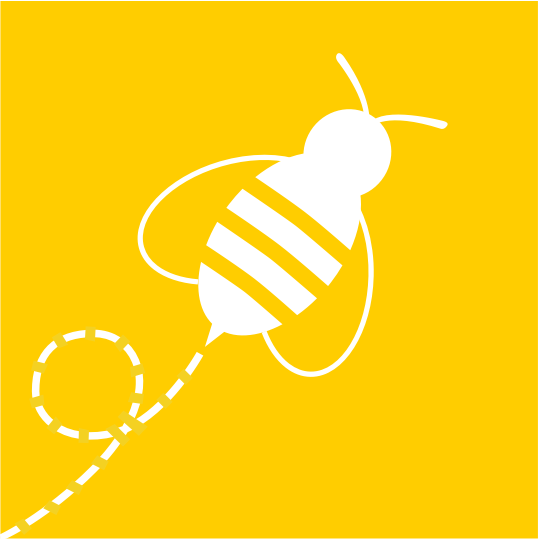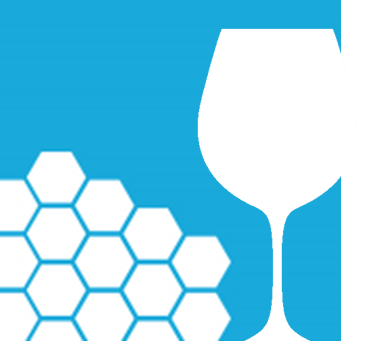"Working with industry the Honey and Pollination Center will develop research, language, terminology and educational classes and methods to educate the public of the importance of pure, unadulterated honey."
Our Goals
- Develop and evaluate public education efforts to excite consumers about unique honeys, an appreciation of honey in preparing distinctive dishes, honey’s nutritional value, and the importance of bee keeping in supporting our food supply and coordinate efforts to provide this information for use throughout the honey industry,
- Bring interest and attention to honey, developing sponsored courses for amateur beekeepers.
- Assist the industry in reaching appropriate research teams to address authenticity issues in honey production and to factually address bee health issues.
- Offer courses that help packers improve their quality and efficiency.
- Assist the honey industry in establishing regulatory reform important in ensuring the sustainability of the US industry.
Our Focus Points
 Honey bees
Honey bees
 Pollination
Pollination
 Honey
Honey
 Mead
Mead
What we do
The Center holds a variety of events designed to build awareness about pure, unadulterated honey, pollination and bee health related issues.
Yearly events for the public include UC Davis Picnic Day and the California Honey Festival, of which the Center and the University are sponsors. Additionally courses on making mead and honey sensory programs are held throughout the year.
When we think about honey and honey bees, our reaction is visceral! We love these little insects that fly about our yards and gardens. We know they go from flower to flower gathering nectar and pollen. And we know that the nectar they collect eventually becomes honey – that lovely sweet we drizzle into coffee or tea – across cheeses and fruits – onto our cereal.
What we need to learn: Honey bees are not our only pollinators. There is a huge number of wild bees. Some live in simpler social colonies, some are solitary. These bees are responsible for much of our world’s pollination. Butterflies, birds, bats and even monkeys are pollinators, too.
It is the job of the Honey and Pollination Center to help you learn about the magic of pollination.
- Honey Tastings
Honey opens our eyes to the diversity of floral sources and varietal honey flavors. The Center offers a variety of events at which to learn about honey – Picnic Day, The California Honey Festival, and through the Exploration of Honey series. - Educational Events
The Center holds events designed to build awareness of pollination and bee health related issues. Events include honey sensory workshops, mead making courses, bee health symposiums, and more. Join our newsletter to stay updated on our events. - Beekeeper Education
Leadership promotes honey and honey production by offering programs to bee clubs and state and national beekeeping organizations - Research
Working with the Department of Food Science and Technology, the Center is working to establish varietal honey aroma and flavor profiles. Sensory profiling is one of the many ways which helps to establish criteria for pure varietals and diminish adulteration. - Sales of Our Campus Products
The Honey and Pollination Centers offers three varietal honeys produced in California (Wildflower, Orange Blossom, and Coriander), as pollinator notecards, Honey Aroma and Flavor Wheel (developed on campus). Sales of these products are an integral contributor to our self-supporting efforts to provide honey and mead research and education to the public and industry.
All the amazing bee photos in the Center's website are taken by Kathy Keatley Garvey

